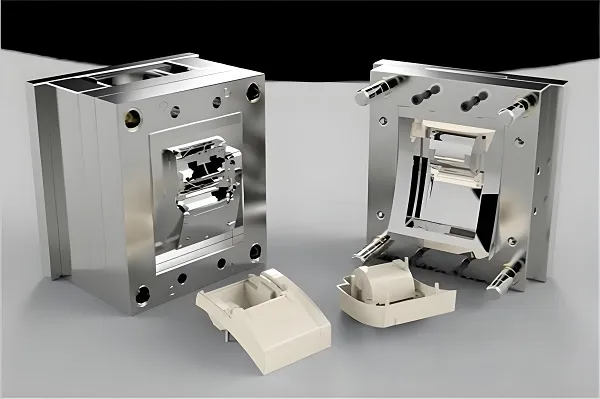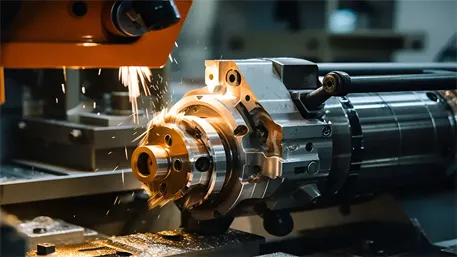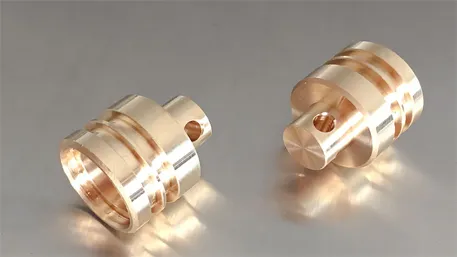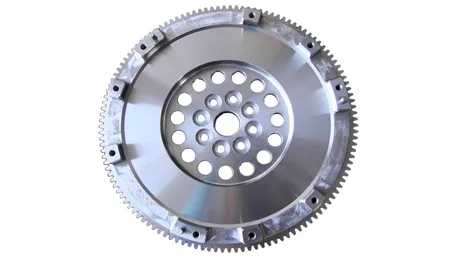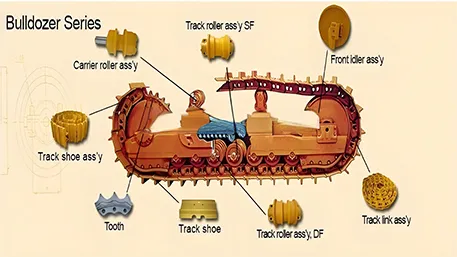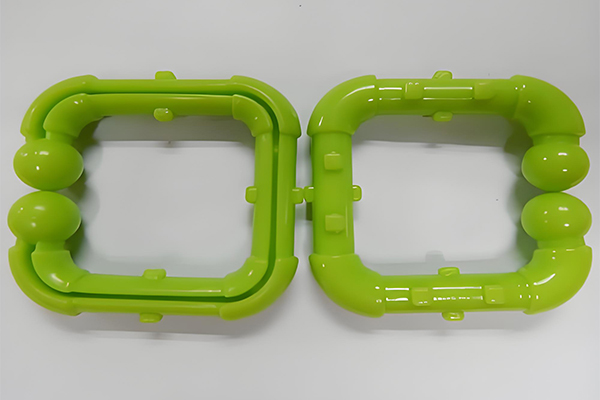In the field of industrial fluid transportation, custom industrial plastic pipe fittings, with their chemical corrosion resistance, lightweight, low – cost, and design flexibility, have become core components in industries such as chemicals, water treatment, oil, and pharmaceuticals. This article systematically analyzes the technical logic and industry value of custom industrial plastic pipe fittings from aspects including material selection, process technology, application scenarios, and quality control, providing professional decision – making references for industrial enterprises.
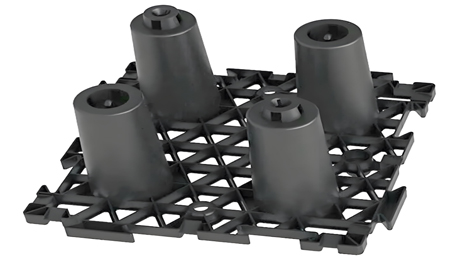
I. Materials Engineering: Precise Matching of High – Performance and Environmental Resistance
The materials for custom industrial plastic pipe fittings need to meet requirements such as chemical resistance, high – temperature resistance, mechanical strength, and processability. The following are the key characteristics and typical applications of commonly used materials:
Polyvinyl Chloride (PVC)
Characteristics: Tensile strength of 45 – 60 MPa, resistant to acids, alkalis, and salts, service temperature from – 15°C to 60°C, and low cost.
Applications: Chemical pipelines, water treatment systems, and drainage pipes, especially suitable for transporting neutral or acidic liquids.
Polypropylene (PP)
Characteristics: Tensile strength of 30 – 40 MPa, high – temperature resistant (up to 120°C in the short term), resistant to organic solvents, and a density of 0.9 g/cm³.
Applications: Pipes for chemical reaction kettles and food processing conveyor pipes, due to their lightweight and temperature resistance.
Chlorinated Polyvinyl Chloride (CPVC)
Characteristics: Tensile strength of 50 – 70 MPa, high – temperature resistant (long – term service temperature of 95°C), and resistant to chemical corrosion (such as hydrochloric acid and sulfuric acid).
Applications: Hot water supply systems and industrial high – temperature liquid transportation, which can replace metal pipes and reduce costs by 40%.
Polyvinylidene Fluoride (PVDF)
Characteristics: Tensile strength of 40 – 50 MPa, resistant to strong acids and alkalis (such as aqua regia and hydrofluoric acid), service temperature from – 40°C to 150°C, and UV – resistant.
Applications: Ultra – pure liquid transportation in the semiconductor industry and chemical anti – corrosion pipelines, meeting the requirements of extreme environments.
High – Density Polyethylene (HDPE)
Characteristics: Tensile strength of 20 – 30 MPa, low – temperature resistant (-60°C), impact – resistant, and excellent wear resistance.
Applications: Oil and gas transportation pipelines and aeration pipes for sewage treatment, suitable for high – pressure and harsh environments.
Through precise material selection, custom pipe fittings can work stably in the temperature range of – 60°C to 150°C, and the chemical corrosion resistance grade can reach 9 (according to the ISO 17155 standard).
II. Process Technology: In – Depth Integration of Customization and Precision Manufacturing
Extrusion Molding Technology
Used to produce standard profiles such as straight pipes and corrugated pipes. By adjusting the screw speed of the extruder and the mold temperature, the wall thickness tolerance of the pipes is controlled within ±0.1 mm.
The high – speed extrusion process (linear speed of 5 – 10 m/min) improves production efficiency and is suitable for large – scale customization.
Injection Molding Technology
Used to manufacture complex pipe fittings such as elbows, tees, and valves. By optimizing the gate position through mold flow analysis, shrinkage cavities and warping are reduced, and the dimensional tolerance is controlled within ±0.05 mm.
Multi – cavity molds (such as 8 – cavity molds) improve production efficiency and meet the needs of small – batch customization.
Compression Molding Technology
Suitable for high – pressure pipe fittings (such as flanges and end caps). The plastic powder is melted and solidified under high temperature and high pressure, with a density of over 0.95 g/cm³, and the compressive strength is increased by 20%.
3D Printing Technology
Quickly customizes special – shaped pipe fittings (such as non – standard joints). Using FDM or SLS processes, the printing accuracy can reach 0.1 mm, shortening the development cycle by more than 50%.
III. Application Scenarios: Customized Solutions for the Entire Industrial Field
Chemical Industry
Corrosive Medium Transportation: PVDF or CPVC pipe fittings, resistant to strong acids and alkalis, ensuring the safety of chemical reaction processes.
High – Temperature Fluid Pipelines: PP or CPVC pipe fittings, capable of withstanding temperatures above 120°C, reducing the corrosion risk of metal pipes.
Water Treatment and Environmental Protection
Sewage Treatment Pipelines: HDPE or PVC pipe fittings, resistant to sewage corrosion, with smooth inner walls to reduce resistance and improve transportation efficiency.
Drinking Water Transportation: Food – grade PP pipe fittings, compliant with NSF/ANSI 61 certification, ensuring water quality safety.
Oil and Gas
Oil and Gas Transportation Pipelines: HDPE pipe fittings, resistant to high pressure (10 – 20 MPa) and low temperature, replacing steel pipes and reducing weight by 60%, thus reducing transportation costs.
Downhole Tool Accessories: POM – injection – molded seals, oil – resistant and wear – resistant, adapting to the complex downhole environment.
Pharmaceutical and Food Processing
Ultra – Pure Liquid Transportation: PVDF or PP pipe fittings, with smooth surfaces and no exudates, meeting GMP standards, used in the production of pharmaceutical preparations.
Food – Grade Pipelines: FDA – certified PP pipe fittings, resistant to detergent disinfection, used in beverage and dairy production lines.
IV. Quality Control: Strict Adherence to Industrial Standards
Material Compliance Certification
Materials need to pass certifications such as ISO 9001, ISO 14001, and ASME B31.3 to ensure temperature resistance, pressure resistance, and chemical stability.
For pipe fittings in contact with food, they need to comply with standards such as FDA 21 CFR 177.1520 or EU 10/2011 to ensure safety.
Performance Testing System
Pressure Test: The hydraulic test pressure reaches 1.5 times the working pressure (for example, for a 1.5 MPa pipe fitting, the test pressure is 2.25 MPa), and it is held for 30 minutes without leakage.
Dimensional Inspection: A coordinate measuring machine (CMM) is used to measure the inner diameter and wall thickness of the pipe fittings, with the tolerance controlled within ±0.05 mm.
Chemical Resistance Test: The pipe fittings are immersed in the specified chemical medium (such as 98% sulfuric acid) for 1000 hours without swelling or performance degradation.
Process Control and Traceability
Use SPC to monitor extrusion or injection molding parameters (such as temperature and pressure) in real – time, with a CPK value ≥ 1.33 to ensure process stability.
Establish a product traceability system to record the material batches, process parameters, and test data of each batch of pipe fittings, realizing full – life – cycle management.
V. Industry Trends and Technological Innovations
Environmental – Friendly and Sustainable Materials
Promote bio – based plastics (such as sugarcane – based PE) and recycled plastics (rPVC), and some enterprises have achieved 100% recyclable pipe fittings.
Develop nano – composite plastics (such as graphene – reinforced PP) to improve the strength and corrosion resistance of pipe fittings.
Intelligence and Functional Integration
Smart pipe fittings integrated with sensors can monitor flow, pressure, or leakage in real – time and achieve remote monitoring through the Internet of Things (IoT).
Self – repairing plastic pipe fittings release repair agents at the cracks of the pipeline through micro – capsule technology, extending the service life by more than 30%.
Composite Pipe Fitting Technology
Develop plastic – metal composite pipe fittings, combining the corrosion resistance of plastics and the high strength of metals, suitable for high – pressure and high – temperature scenarios.
Multilayer co – extrusion technology is used to produce weather – resistant pipe fittings. The outer layer is UV – resistant, and the inner layer is chemically corrosion – resistant, extending the outdoor service life by more than 5 years.
FAQ
Q1: What is the minimum order quantity for custom industrial plastic pipe fittings?
A: Usually, it is 500 – 1000 meters (for straight pipes) or 500 – 2000 pieces (for special – shaped parts), depending on the material, process complexity, and mold cost. Small – batch customization can be achieved through 3D printing or rapid molds.
Q2: How to select the appropriate plastic material?
A: It is necessary to consider the type of medium (such as acid, alkali), temperature, pressure, and cost budget. For example, PVDF can be selected for transporting concentrated sulfuric acid, and CPVC can be selected for high – temperature hot water systems.
Q3: How is the pressure rating of custom pipe fittings determined?
A: According to standards such as ASME B31.3 or ISO 4427, it is determined by calculating the material strength and wall thickness. Common pressure ratings are PN10, PN16, and PN25.
Q4: Can non – standard size pipe fittings be customized?
A: Yes. Through mold development or 3D printing technology, pipe fittings of any size can be customized, including elbows with special angles and reducing joints.
Consult Now and Get a Professional Customized Solution
If you need to customize high – performance industrial plastic pipe fittings, please feel free to contact us via online message. Our engineering team will:
Recommend suitable plastic materials (such as PVDF, CPVC) according to the medium characteristics and working conditions;
Provide a full – process solution from mold design to pressure testing to ensure the corrosion resistance and pressure resistance of the pipe fittings;
Strictly follow industrial standards and provide third – party test reports to ensure product quality and reliability.
Whether it is the transportation of strong acids in the chemical industry or the environmental protection requirements of water treatment, based on materials science and supported by precision processes, we create customized solutions for you. Click to leave a message and start your professional customization journey!

